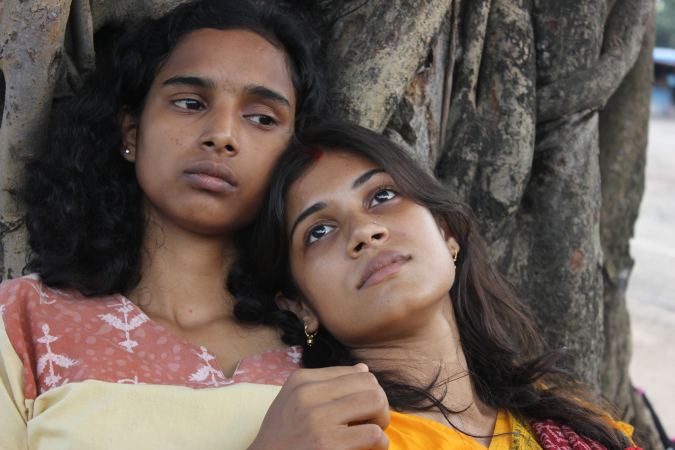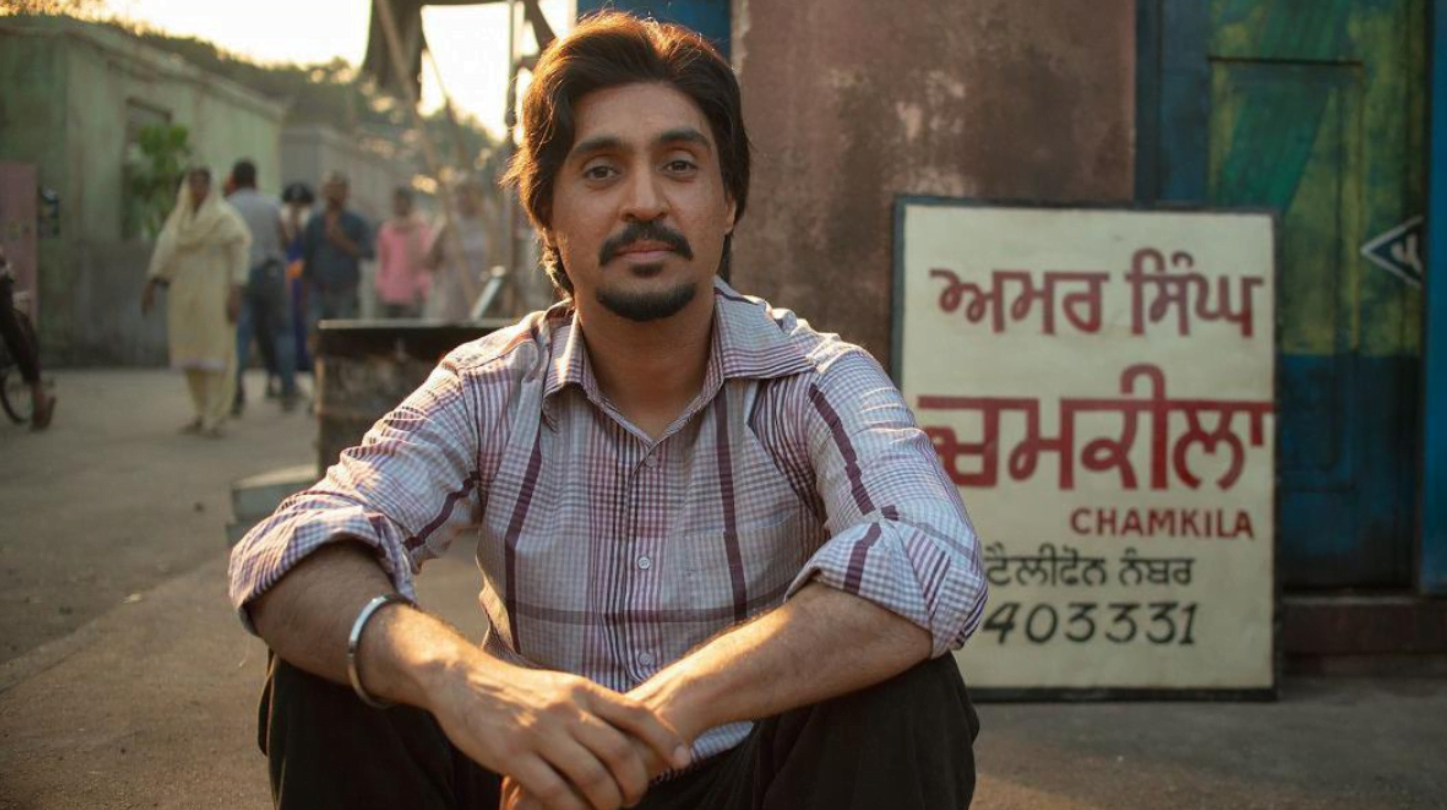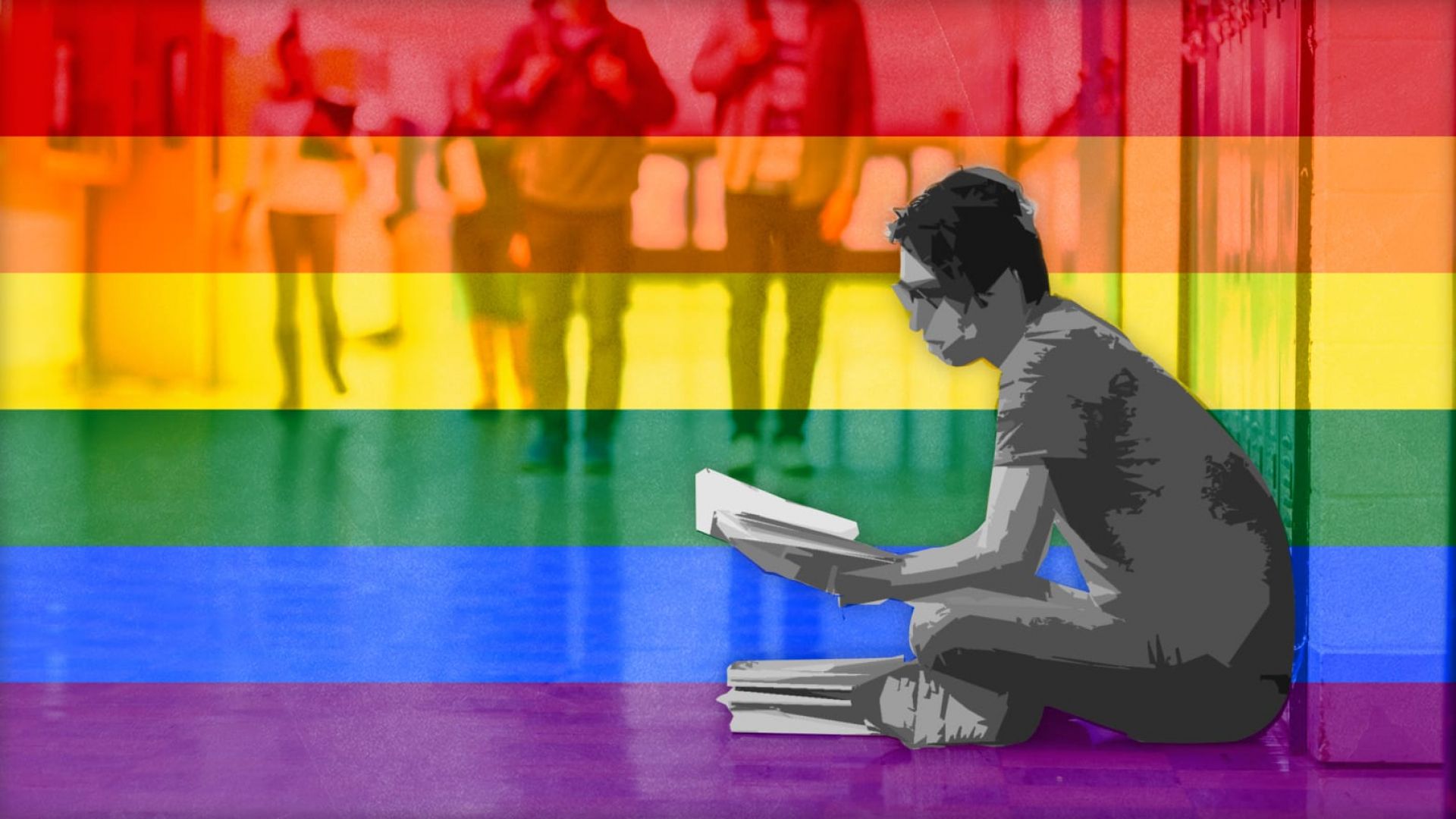In 2011, two women Swapna and Sucheta, died by suicide at a small village of Nandigram in West Bengal. With their families refusing to identify them, their bodies were cremated as unidentifiable corpses. Debalina Majumder sets the premise of her film Abar Jodi Iccha Karo on this incident. In the entirety of the film, the aforementioned are cited as facts and the rest is fiction.
Majumder’s film begins in an alternate reality, in a different world of ‘what could have been’. At some point, all of us have lived in a world like that. A world made up of our own, innocent, deep desires. Maybe, we still do sometimes. In a parallel world, Swapna and Sucheta do not succumb to their circumstances. They run away from a small village to a large city – both the places equally unforgiving. But is escaping enough? How does one escape one’s reality? How far could one possibly run?
Majumder’s film poses important questions that are relevant in understanding the politics of desire through the sub-structures of caste, class, sexuality and power.
Decoding desire
Desire as a subject is dealt with quite delicately by Majumder. Unlike several mainstream or arthouse LGBTQIA+ films, the central plot of the film does not lie in establishing the relationship of the two women or following their journey as a pair of lovers. No one tries to make a point. There is a no celebration of love, grand gestures of its profession, or moments of revelation. In fact, if one looks closely, there is no central plot at all. It traces the journey of two naïve, young women as they simply try to be, without the boundaries and inhibitions imposed by the society.
One of my initial presumptions after reading the title of the film was that the ‘desire’ or iccha, refers to the protagonists’ desire to love each other. But my thoughts changed when I watched the film. The longer I watched, the surer I got that the film might not be about only love at all.
Swapna and Sucheta’s gender and social location play a big role in how their lives unfold in the film. Both of them come from a small village. It is interesting to see how Majumder plays with the location in the film. Had they belonged to a city, situated in a different social location, their realities could be different. One might think that their escape to Kolkata, could alter their realities. But is it truly possible to detach oneself from their identity, especially when the pluralistic socio-political connotations of identity determine one’s place in the world?
The desire here, is also about an innocent longing to survive, exist, without the fear of being hunted down. The protagonists Swapna and Sucheta are on a constant run, afraid that their past might catch up with them. The villagers are mere metaphors for the rules of the stringent society. No matter where you go, where you choose to live, patriarchy seeps into your house through the cracks in the wall and takes space as a permanent tenant.
The definition of desire as we know, is limited to the confines of (hetero)normativity. In this world, what we desire ‘must‘ be in accordance with normative cultural practices, our location in the socio-economic ladder, the privileges that we carry or do not carry, the way we choose to dress up, and so on. In reality, no one has the complete freedom to dream, desire, and be, unless they are abounded in absolute power and economic privilege.
Also read: Review Of Abar Jodi Ichchha Karo: That Struggle Called Love

Class, gender, and queer politics
Much like feminism, the LGBTQIA+ movement, in its inception days, was dominated by the White bourgeoise. Working class individuals who were much radical in their approach could not rise in the academic circles due to their class and color. As a result of this, social movements too were dominated by the bourgeoise. If we look at queer politics from a pan-Indian perspective, the movement has been long dominated by able-bodied, dominant caste, privileged queer individuals.
While one’s struggle as a queer individual in a deeply patriarchal, misogynistic, and heteronormative society cannot be dismissed, it is also important to study the movement through sub-structures like caste, class, gender, and social power.
Swapna and Sucheta’s gender and social location play a big role in how their lives unfold in the film. Both of them come from a small village. It is interesting to see how Majumder plays with the location in the film. Had they belonged to a city, situated in a different social location, their realities could be different. One might think that their escape to Kolkata, could alter their realities. But is it truly possible to detach oneself from their identity, especially when the pluralistic socio-political connotations of identity determine one’s place in the world?
For instance, Swapna wears a rainbow mask in one of the shots, and the city whizzes past. Swapna might not understand the significance of the colours, but in that moment, Swapna becomes a part of something much larger. The experience of the film in its entirety is like taking a walk on the busy streets of Kolkata – whose culture and vibrancy have been duly brought out in the film – with Swapna and Sucheta’s song ringing in one’s ears; strange yet familiar
Even after Swapna and Sucheta settle in the new city, they cannot embrace their truths. The city sees them as outsiders – outsiders who could shake its firm, orthodox beliefs. In the penultimate shot, even after Swapna and Sucheta reveal the reality of their relationship, they are dismissed as a joke. It reminds of 2019, when Indian athlete Dutee Chand openly came out as gay, and the uproar that it created in a small state like Odisha. While the athlete was lauded for bravery, she was disowned by her family. That is when I realised that one cannot look at LGBTQIA+ movements through the tinted glasses of rainbow prides and flags alone.
Along the same lines, I could not help but notice that how certain scenes in the film are replete with benevolent patriarchy. Back in the village, important decisions like marriage are made on the behalf of Sucheta. In Kolkata too, the old lady assumes the position of a maternal figure in Sucheta’s life.
She takes the liberty of making decisions for Sucheta and goes to an extent of fixing her marriage. Such actions are reflective and metaphorical of the Indian society in general, where loving and protective familial bonds can also be coercive and violent towards women. One cannot help but wonder if every act of kindness and every gesture of love comes with a price attached and at the end of the day, if women are merely objects of conquest and selfish desires.
Kolkata and the metaphoric placement of characters
The city of Kolkata acts as an excellent backdrop for the film. What must be appreciated about the setting is the focus on the ordinary and (in)significant mundanities. For someone who has been to Kolkata only for a day, my idea of the city was limited to acclaimed universities, bustling markets, and an image of the chief minister gracing every blue wall with greeted hands.
But Majumder has done fantastic job of choosing localities that stand in contrast to the usual calendar image of Kolkata. The dingy lanes, the people in the film and their everyday struggles are represented poignantly through the film. One can see the city through the eyes of the working class instead of watching bhadraloks discuss international politics over a cigar. I could not also help but notice the undertones of class solidarity through the film.
While the first bunch of youngsters in the plot are apprehensive of taking the two women in, the old couple accept them rather happily. The former look down upon their guests, suspicious of their identities. Such a line of questioning comes from a position of privilege. Swarna and Sucheta are subject to the dominant caste gaze. Had Swarna and Sucheta been fluent in English, dressed culture ‘appropriately’, their hosts’ reactions might have been different. One wonders if the host wanted to help the two women or merely wanted to ‘save’ them.
Also read: What Diwali Celebrations Mean For Many Queer People

Majumder beautifully captures the essence of Kolkata through old houses – not the Victorian heritage buildings, just plain old houses laced with algae, filled with cracks – crowded streets, homeless addicts, and protests. In a shot where people march on roads, wearing masks, and chanting slogans, Swarna looks at them in puzzlement, with a hint of longing in her eyes, probably wondering if her entire life has been a rebellious act of resistance.
Debalina Majumder’s Abar Jodi Iccha Karo, is a brave attempt at capturing a same-sex relationship delicately, with a lot of care and perseverance. Neither am I a seasoned film-viewer nor do I have a flair in writing film reviews. I can only write from the heart, in the currency of sensations, in terms of what the film made me feel.
The colour palette of the film is subdued, gloomy, almost dark, faithfully manifesting the mood of its characters. The persistent melancholia in the cinema is often interrupted by a pop of colour in the masks sold by Swapna, a string of lights along the streets, or a flight of pigeons witnessing the lovers’ quarrel. The film is laden with metaphors – these metaphors hit you like chance encounters in old bookstores, on rainy evenings.
For instance, Swapna wears a rainbow mask in one of the shots, and the city whizzes past. Swapna might not understand the significance of the colours, but in that moment, Swapna becomes a part of something much larger. The experience of the film in its entirety is like taking a walk on the busy streets of Kolkata – whose culture and vibrancy have been duly brought out in the film – with Swapna and Sucheta’s song ringing in one’s ears; strange yet familiar.
I hope the world has been kinder and more forgiving to them, and as I write this, I hope they are not on the run anymore.
(Majumder’s film is currently streaming on Mubi)
Sanchita Dwivedi is a Women’s Studies scholar at the Tata Institute of Social Sciences, Mumbai. She can be found playing with dogs and drinking copious amounts of coffee, when not on bed wallowing in pandemic woes. You may find her on Instagram
Featured Image Source: Kolkata People’s Film Festival




